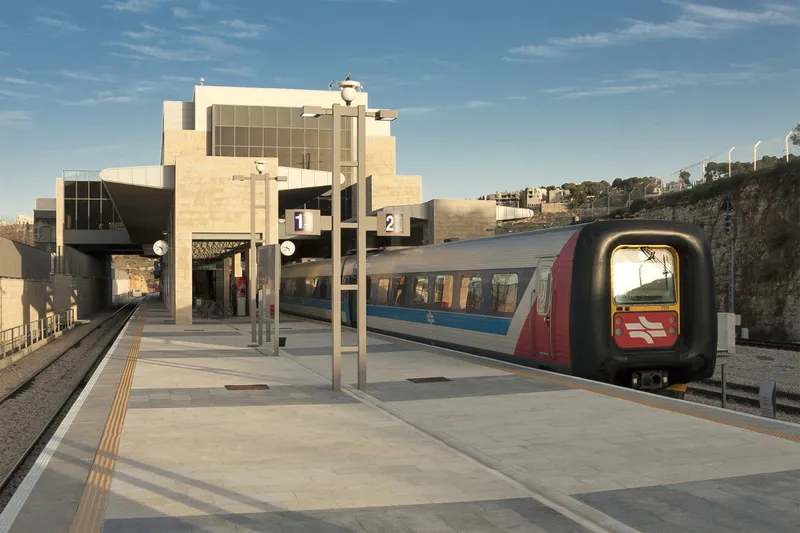The Saudi Arabian government has approved plans to modernise the transport system in its holdy city of Mecca which will include four metro railway lines with 88 stations and a combined length of 182 kms. The transport plan, which will cost US$16.53 billion, also includes building a bus network in Mecca. Saudi Arabia is also spending billions on upgrading the transport system in the capital Riyadh and on a high-speed rail line connecting Mecca with the holy city of Medina.
August 17, 2012
Read time: 1 min
The Saudi Arabian government has approved plans to modernise the transport system in its holdy city of Mecca which will include four metro railway lines with 88 stations and a combined length of 182 kms. The transport plan, which will cost US$16.53 billion, also includes building a bus network in Mecca.
Saudi Arabia is also spending billions on upgrading the transport system in the capital Riyadh and on a high-speed rail line connecting Mecca with the holy city of Medina.
Saudi Arabia is also spending billions on upgrading the transport system in the capital Riyadh and on a high-speed rail line connecting Mecca with the holy city of Medina.









